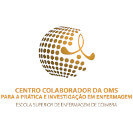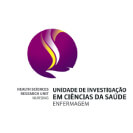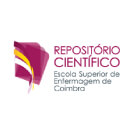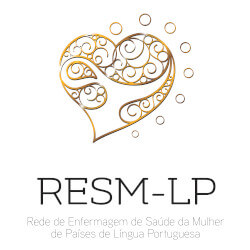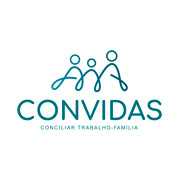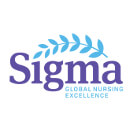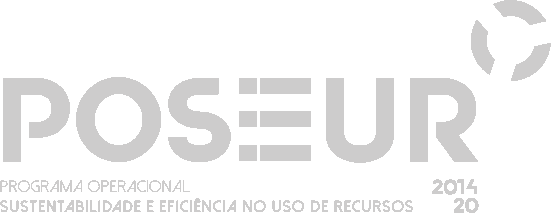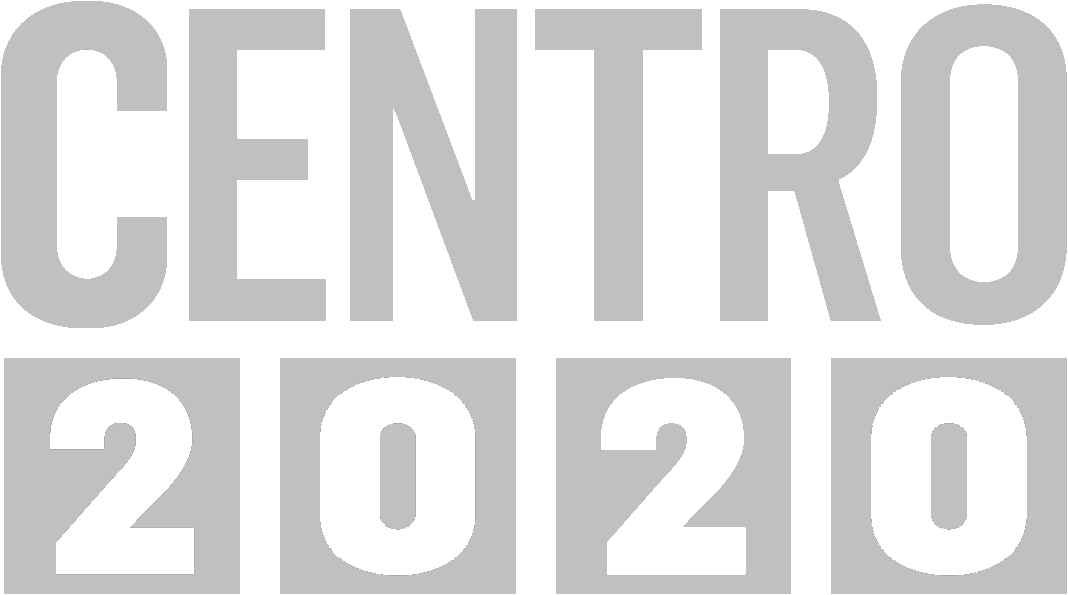The Nursing School of Coimbra (ESEnfC) is coordinating a project aimed to raise the awareness of health care professionals to the importance of involving men in child care, during pregnancy and throughout every phase of maternal-child health.
This is an adaptation of the Program P (named after Padre and Pai, the words for father in Spanish and Portuguese), developed by Promundo (a NGO based in Brazil), that will certify the participating healthcare institutions as promotors of fatherhood and care.
Up to this point, 50 professionals, mainly nurses, have already attended awareness sessions and training courses (below there is a picture of one of those activities). These sessions empower these professionals to encourage fathers to become more actively involved in child care.
Although it is increasing, this involvement is still low, very different from the women´s involvement and little encouraged by the healthcare services. These are the views of professors Maria Neto and Cristina Veríssimo (ESEnfC/Project (O) Usar & Ser Laço Branco, White Ribbon Campaign), who, together with Promundo, are organizing this project.
These ESEnfC professors aim to extend the program to all Portuguese regions, involving not only healthcare organizations but also political authorities.
So far, the work has been developed in partnership with the Coimbra Hospital and University Center (Maternity Hospitals Bissaya Barreto and Dr. Daniel Matos and the Pediatric Hospital) and the Cluster of Healthcare Centers of Baixo Mondego).
According to these professors, the benefits of men’s involvement in child care, both for mothers and children, were already known.
Recent international studies have shown that men involved in child care also take better care of their health, have less risky behaviours, are more productive, are less aggressive and have better physical and mental health.
The experts in Maternal and Obstetric Nursing and Community Nursing stated that “there is need for a specific space, already planned and designed, for the father to be present during the prenatal consultation” and that “the father must be welcomed and involved in the whole caregiving process, and be informed of the benefits of his participation in child care and the legislation concerning parenthood issues”.
On the other hand, the teachers argue that “his level of participation (if he was present and his level of involvement) should be recorded; his presence in the consultations should also be used encourage him to monitor his health in an active way. His presence and involvement should continue during childbirth, the postpartum period and during the consultations for monitoring the child’s health”.
From a methodological perspective, the Program P is developed in three moments: a first moment of awareness of healthcare professionals focused on the prenatal, childbirth and postnatal periods and assist children up to 4 years old; a second moment for fathers and mothers (reflexive groups on issues such as pregnancy and delivery, child care and non-violent relationships); and a third moment targeting the community and aimed at the development of partnerships, campaigns and action plans.
[2016-05-31]

